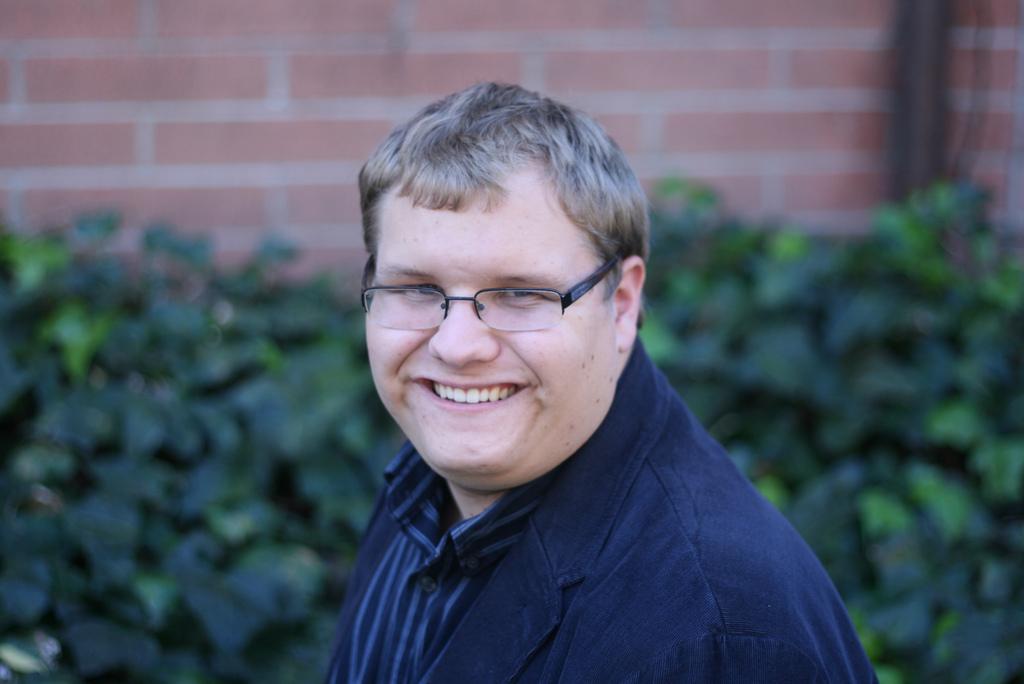As a high school student, I volunteered to help with the American Cancer Society’s Relay for Life event. But I was shocked at how many young people refused to help with what is essentially a 24-hour party.
In this event, participating teams designate one member to walk on the track for each of the 24 hours, representing the fact that cancer never sleeps.
Although I offered many students free food and drinks in exchange for an hour or so of their time to move foldable chairs or help people set up their tents, I was often met with the response, “I don’t work for free.”
Yet, one friend who did agree to volunteer found the experience transforming.
She was especially moved by the event’s “Luminaria Ceremony” in which a candle, placed in a bag, is lit for every cancer survivor and every person in the community who has died from the disease. Thousands of illuminated bags line the track after sunset.
My friend vowed to return next year “and so will my children, from now on,” she told me.
But she was the exception.
Is this what we have become: a generation more concerned with fattening our wallets than helping those less fortunate?
Granted, most volunteering is not glamorous.
But just think. In the time it takes to watch an episode of “House,” you could have driven a cancer patient to his or her radiation or chemotherapy treatment through the American Cancer Society’s “Road to Recovery” program. ACS even reimburses you for gas and mileage.
Despite what most people think, community service in not just something one does in exchange for a jail sentence after being convicted of a crime.
At a time when disease runs rampant, homeless people are dying in the streets and formerly middle class families have fallen on hard times, too often the response is, “Obama should fix this,” and the person then settles back to watch yet another hour of TV.
The truth is we can fix a lot of what is wrong.
Students will have an opportunity next semester, when the American Cancer Society holds its 24-hour “Relay for Life” on the DVC campus. Volunteers will be needed for everything from serving on the planning committee to setting up the tents and tables.
The goal is to raise money for research to find a cure for this horrible disease.
For information on how you can help, contact the local American Cancer Society office at (510) 452-5229.





































































